BBC Proms 2023: Semyon Bychkov brings Bruckner 8 to the Royal Albert Hall
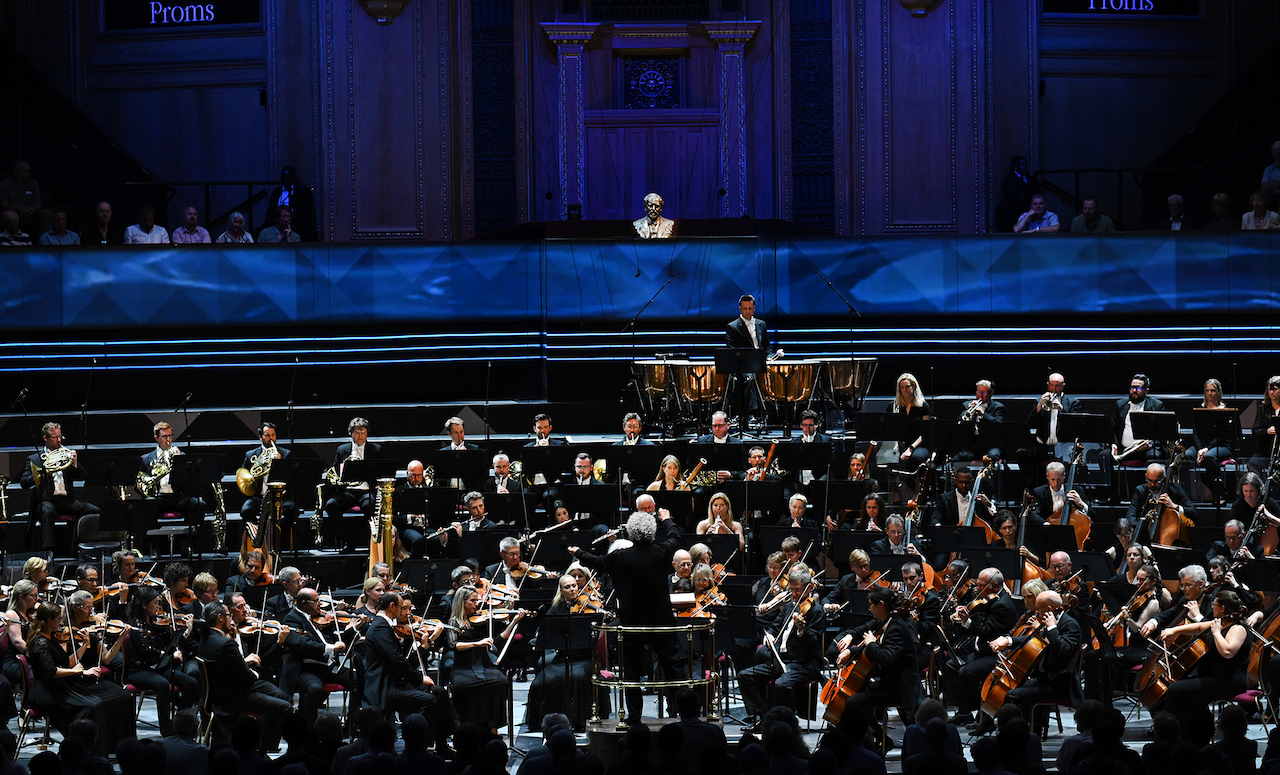
Prom 65 is Bruckner’s eighth and last symphony. It is so monumental, so epic at 84 minutes, that it almost defies review. Which moments to highlight? How to capture what is often described as a landscape, or, as conductor Semyon Bychkov says in his introduction, gaining entry to a locked room? Yes, it is a great view; it is full of life and detail. But to truly understand this symphony you must inhabit it and simply notice what is around you: huge string sections extended by extra desks, five horns, four Wagner tubas, two harps (their only inclusion in a Bruckner symphony).
Rather than being very distinct, the movements flow as a walker between landscapes. There are moments of nobility, serenity, quiet reflection, resigned calm. Melodies are very long, meandering, often sparely orchestrated, perhaps a little aimless; there is much repetition. This is an introvert’s symphony. Listening is like solitary walking in hills, finding expansive view after view, until the final affirmative climax. The strings are the major players here, with smaller woodwind and brass responses, and the BBCSO’s sections are exquisite, perfectly balanced and richly blended.
The first movement, according to Bruckner’s own notes, includes in one of the main themes the Todesverkündigung (annunciation of death), with a surrendering wind-down. The second movement (Scherzo), probably the most accessible to Bruckner sceptics, is a fretful attempt to sleep, which comes across beautifully here in its mysterious dreamlike shifts. The final movement is majestic, glorious: a move from introspection and desultory walking to bold assertion and arrival.
If this symphony is a marbled room, the columns must be dappled with shifting light, or the result is something with grandeur but no movement – a little lifeless. Bychkov clearly has the emotional stamina for the whole, but there were times of disorientation, as if one had entered a vast palace of statues and lost the meaning of them. Changes in tempo and colour were minimal. Overall, however, in this age of lapsing attention and limited time, this was a room it felt necessary to be lost in for a while.
Michael Bennett
Photo: BBC/Chris Christodoulou
For further information and future events visit the BBC Symphony Orchestra’s website here.


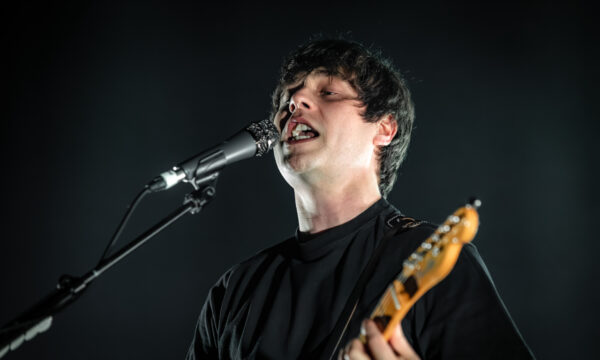
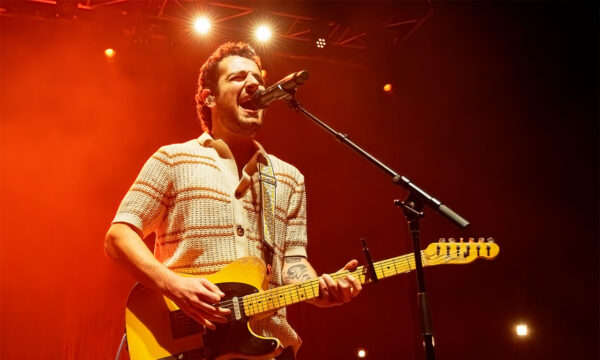

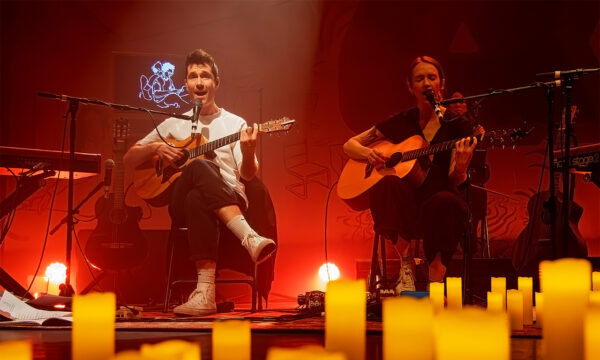
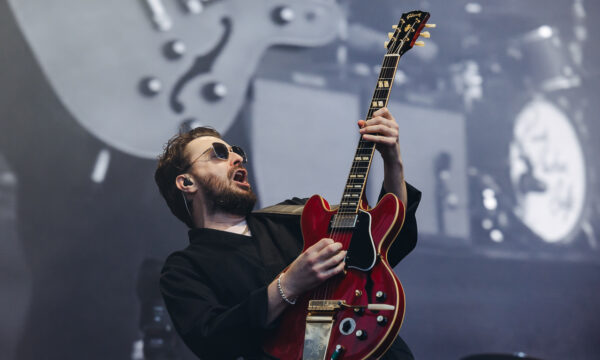

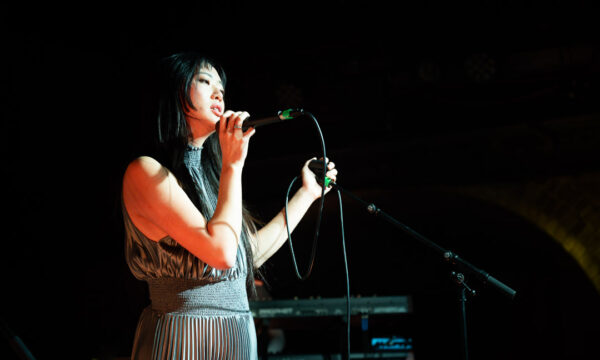

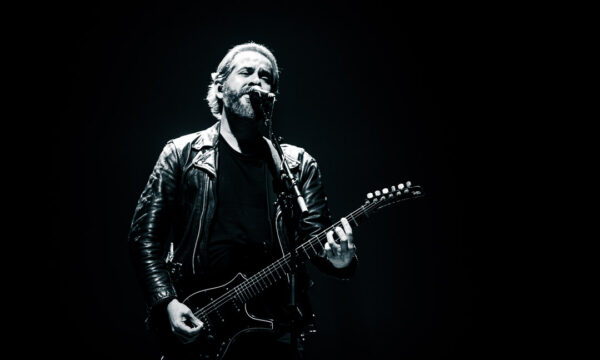









Facebook
Twitter
Instagram
YouTube
RSS